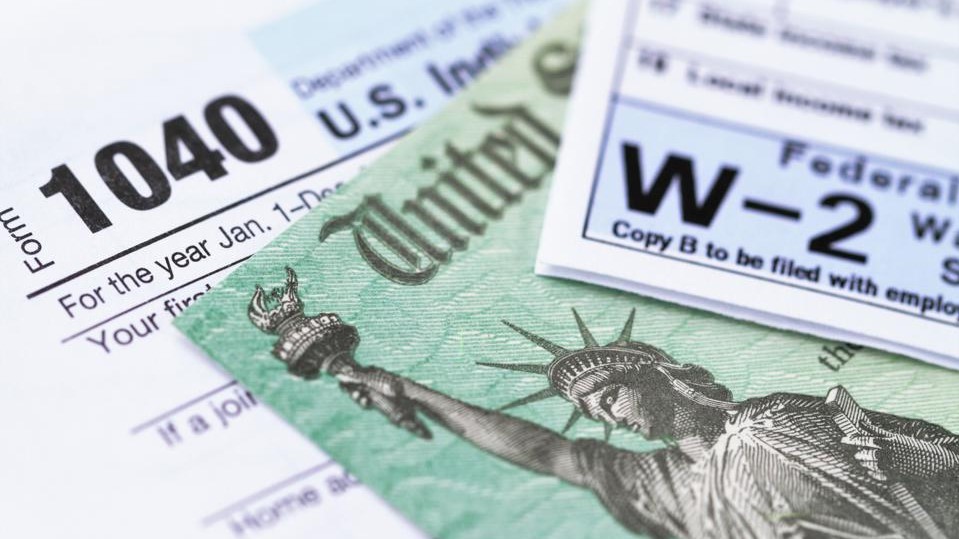
Tax Software vs. Professional – What Should You Use?
by Phil Tull | April 1, 2022 | Financial Planning, Tax Planning
Phil: Welcome back to Tull Financial, Financial Fridays! It’s been a little while but we’re glad to be back with you. It’s tax season, really coming down to the wire here. So you’ve got lots of questions about tax software, tax preparers, CPAs – who do I use? How do I know? And of course – cost.
So we really want to just break it down for you today and give some reasoning to it. First you want to take inventory, see what you’ve got going on for your tax return, see if you have investments, earned income, if you’re self-employed, things like that. Then you start walking through from there the different options you have.
So just a high-level summary of options, and Drew will dive in a little deeper for us – tax software, registered tax preparer, enrolled agent, CPA. We’ll break that down by cost, complexity and involvement. So for instance, tax software is typically lower cost, but higher involvement. It’s going to take more time for you to take part in that and put in the leg work. So that’s how we want to break it down. Drew, can you give us a run through here of how to look at each one?
Drew: Yeah! So, a good overview of tax software, so we’ll skip to the registered tax preparer. These individuals have a preparer tax identification number with the IRS. They don’t have any continuing education or anything like that. Cost is low to moderate. Complexity for the return – usually low to moderate. You wanna make sure that you’re not a business owner, that will lean you more toward a CPA route. Involvement for all three of these is basically take all the forms you have and dump them on their desk.
Enrolled agent and CPA – the main difference is that an enrolled agent is licensed federally with the IRS. CPA is by each state that provides that license. The main difference is that enrolled agents are more focused on tax preparation and taxation. A CPA also does that, but you can also have anywhere from forensic to managerial accounting. So it’s a wider range for them. So that’s who they are, but when do I use them?
Phil: Yeah so let’s go through a couple of examples here. Let’s say, you’re mid-career with a family. You’ve got lots going on – maybe you have investments, real estate, maybe you itemize your returns. How would I go through what is needed for that?
Drew: So, a little bit of complexity there. You are having W-2, you are itemizing, so you’re gonna have those charitable deductions or mortgage interest, things like that. When you get into that area, I’d still stay around the registered tax preparer or enrolled agent. Of course, look at the involvement, and if you don’t mind putting in the hours and time, you could do the tax software as well. But yeah – registered tax preparer and enrolled agent – I don’t think the complexity there would bump you up into CPA.
Phil: Yeah, kinda like you were saying earlier, maybe you’re self employed or you have a side business or something like that, that might bump you over to a CPA. Another example, say you’re a retiree – you’re getting your Required Minimum Distributions social security, maybe a pension – where would you go with that?
Drew: I’d still lean, personally for me, to the registered tax preparer. Make sure you’re not going into CPA land, just because the whole reason is cost – you don’t want to over pay for what you might not need based on your complexity. The other thing, if you’re retired, some people just want to relax, but some people have more time on their hands, so you may want to lean on the tax software options. They do a great job now of making it easy and simple, walking you through those questions, preparing the return correctly. They also have good help sections with live support as well.
Phil: Yeah, I was gonna add that, tax software now – they’re enhancing it every year, so there are those options where you can have a live specialist, some of them even have CPAs available to you. So you can still get that if you like the virtual option – just a little bit higher involvement.
But in summary: take inventory, so what all you have going on. Are you self-employed, do you have investments, is it more complex? Then start walking through the cost, complexity and then the involvement. How involved do you want to be? How much do you want to pay? Obviously, if you want to pay more, you can drop a trash bag off of all your stuff, walk out and hope for the best, and they’ll take care of it for you.
And, Drew, you alluded to it – make sure you get recommendations and referrals. Talk to your financial advisor. We have local referrals we can provide for you as well. Talk to your friends and family to get those recommendations – it’s really important to do that. Contact us at 757.436.1122 (toll-free: 888.296.7526) if you need any help.
Ok, thanks for joining us today – good luck with your tax returns and have a great day!